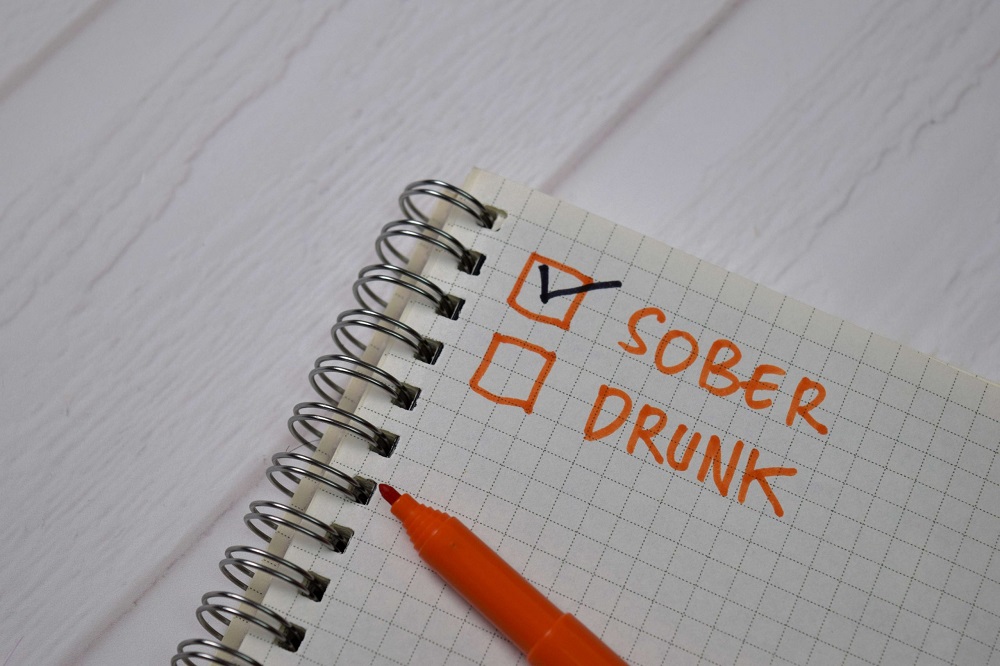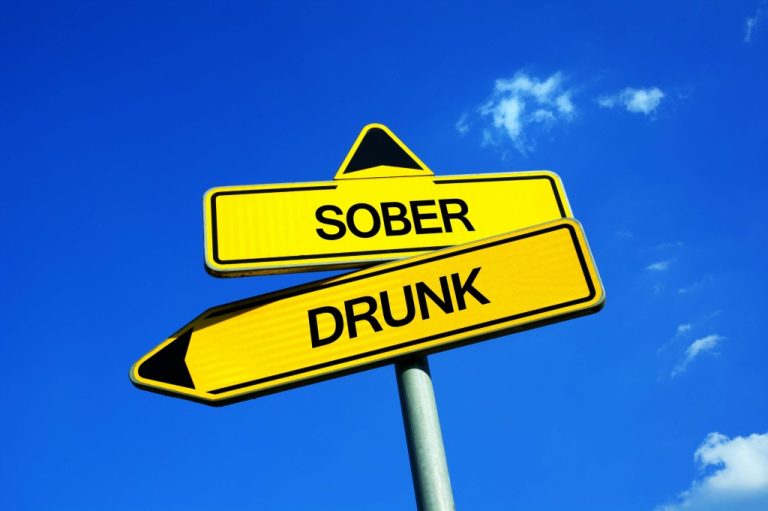While frequent binge drinking does not mean a person has an alcohol use disorder, exhibiting many of these signs could indicate a heightened risk. DWI/DUI events can impact almost every area of an individual’s life and are one of the leading causes of accidental death while binge drinking. While many people binge drink on occasion, adults with mild-to-severe alcohol use disorder are unable to limit their intake. They often drink to avoid the negative emotional effects of not drinking and may obsess over when they can drink next.
Other NIAAA Sites
- These impairments might be noticeable by the time someone is in their 20s if they had started drinking early in life.
- The most recent edition of the “Diagnostic and Statistical Manual of Mental Disorders (DSM-5)” includes AUD as a mental health diagnosis.
- Binge drinking—consuming excessive amounts of alcohol in short periods of time—is normalized in many social environments, especially among college students and adolescents.
- The good news is that binge drinking can be prevented by adjusting your habits and being more intentional when you pour yourself a drink.
- If your excessive alcohol use is a recurring issue, you might admonish yourself for your poor self-control or even develop a sense of self-loathing.
- Binge drinking is often seen as a risky behavior and can have immediate physical and social consequences, even if it does not meet the criteria for AUD.
Heavy drinking thresholds for women are lower because after consumption, alcohol distributes itself evenly in body water, and pound for pound, women have proportionally less water in their bodies than men do. This means that after a woman and a man of the same weight drink the same amount of alcohol, the woman’s blood alcohol concentration (BAC) will tend to be higher, putting her at greater risk for harm. Some studies have shown that people who binge-drink heavily — those who have 3 or more episodes of binge drinking in 2 weeks — have some of the symptoms of alcoholism.

Decoding What is Binge Drinking: Risks, Recognition, and Recovery Strategies
- The spiral from binge drinking into alcohol addiction can be a gradual process.
- Recovery from binge drinking and alcohol addiction requires comprehensive support and professional guidance.
- Both binge drinking and high-intensity binge drinking can lead to alcohol use disorder (AUD).
Digestive problems and liver disease are also potential long-term health risks that binge drinkers face. The prevalence of adolescent binge drinking in the United States also differs by race/ethnicity (see Figure 1). Among 10th- and 12th-grade Halfway house students, however, Hispanics and Whites were more likely to report binge drinking than were Blacks. For example, having a glass of wine with dinner three days in a row may be fine. However, binge drinking three days in a row can lead to physical and mental health issues. Excessive alcohol consumption through binge drinking can wreak havoc on the body, leading to serious physical health risks.
Alcohol Use and Your Health
Binge drinking is when someone drinks a large quantity of alcohol in a short amount of time. Many experts define it as drinking enough alcohol during a 2-hour period to bring the BAC to 0.08%. Generally, this is around four drinks for women and five drinks for men. But bodies absorb alcohol differently depending on factors including body type and age.
But binge drinking carries more serious and longer-lasting risks as well. For an average-sized person, the liver can only break down about one standard drink per hour. If you drink more alcohol than what your liver can process, your blood alcohol content (BAC) will increase. When people binge drink, they usually drink a lot of alcohol in a short time, or drink with long-term effects of binge drinking the goal of getting drunk.


Alcohol lowers inhibitions and, in the moment, makes you feel more relaxed. Because of this initial effect, people often use alcohol to cope with social anxiety. You might binge drink in order to feel confident talking, flirting, or making jokes with strangers. But the next morning, you notice that your depressive symptoms or anxious thoughts are worse than usual. Binge drinking can affect your life in many ways including negative effects on personal relationships, livelihood, and legal consequences. “People who binge drink are more likely to develop alcohol use disorder, particularly if they continue to binge drink even if it causes them problems,” Dr. Koob says.
Just having a chat about drinking might be the first step to having a healthier relationship with alcohol. Heavy drinking can even harm your baby before you know that you are pregnant. So, if you are planning a pregnancy, it is a good time to stop drinking alcohol or reduce the amount you drink. There is a greater chance https://goodenough.energy/how-to-overcome-addiction-strategies-to-live-a/ of harm to your unborn baby the more you drink when you are pregnant. This is because the level of alcohol in your blood is high, and so more alcohol can cross to your baby.
